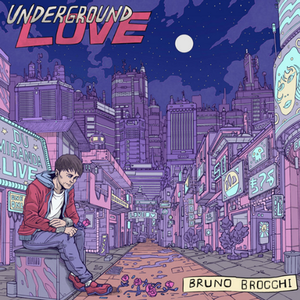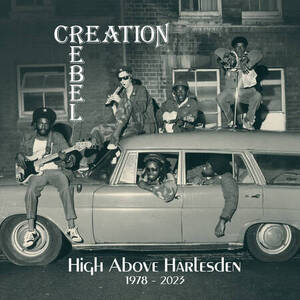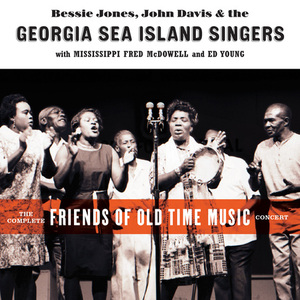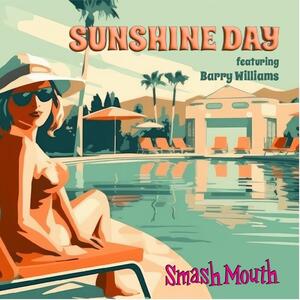“auto_culture_exposed”
Automobile Culture Exposed!
Shelton Hull
I’ve never driven a car in my life. How this happened, I don’t know. I never offered more than the slightest pleadings for driving lessons, which were never given because I refused to wear my glasses. At 15, my peers were counting the days until their 16th birthday, when they could finally ditch their learner’s permit and embrace the open road minus the implicit constraints of having an adult in the passenger’s seat. That year, I read Fear and Loathing in Las Vegas, and amidst the visions of red sharks and white whales, I nearly lost myself in the fog of auto-fetishism that wafted through my school. Somehow, I resisted long enough to understand how a metallic beast has forced itself upon generation after generation of American, from puberty to the grave. In the rise of auto culture we can see perhaps the most successful campaign of mass brainwashing ever, an effort that continues to this very second. When Henry Ford perfected the assembly line method for building his cars and his fortune, he marketed the machines by stressing their necessity for an enjoyable life, to the deep confusion of people who had gotten along just fine without them before. What began as advertising copy soon became a self-fulfilling prophecy, for it wasn’t long before the stench of equine flatulence was replaced by the thick black fog of modernization. Cars have been, literally and figuratively, the vehicle by which America achieved world economic domination. It has also been a boon (to a lesser extent) for the British, Germans, Japanese, and Italians. But the rise of auto culture cannot be explained as merely an expression of our need for more efficient transportation. The car and its accessories have been prescribed, proscribed, ascribed and described as immutable tenets of a healthy social life. Are we really better for it?
The answer is by no means an absolute, but depends on the individual’s perspective. If you work for an auto manufacturer, from the CEO down to the lowly salesman, the answer is yes. If you are a mechanic, or you sell auto parts or auto insurance, yes. If you’re an engineer who designs streets and highways, sure. Even if you’re one of those moron morning drive-time DJs, peddling insipid records and asinine banter to people stuck in traffic, then you are definitely better for the prevalence of auto culture.
But if you are like everyone else, including the above-mentioned people, working at a job you hate for less money than you deserve (given that time is the single non-transferable commodity in life) so that you may pay for your car that breaks down at the most inconvenient moments; for gas for your car, which could run on electricity, but that would take food from the mouths of Arab billionaires who hire us to drop bombs on their political rivals; for the new parts to replace the old parts; for the mechanic who charges too much to install the parts and fix the car, which if you’re lucky will be done properly the second or third time; and for insurance, which is totally nonnegotiable, though the insurance company will argue with you over every penny before paying half of the expenses that you could pay for entirely by yourself if you weren’t paying thousands per year for insurance; then your answer would have to be… yes! After all, if you didn’t have a car, how would you get to work?
“horny”
Among the effects of auto proliferation on our country is the parallel expansion of urban areas, which came about because cars enable us to travel farther, faster. Thus the metropolis could stretch out: more buildings, more concrete, fiscal prosperity unrivaled in human history (though restricted to specific, acceptable areas). But with all that comes an inversely proportionate shrinkage of our famed amber waves of grain, not to mention green grass, brown trees and multicolored flowers. Nowadays our beautiful bucolic countryside is almost exclusively the province of the very poor, who are confined to such locales because they can’t afford to drive to cities where the real money is made, and the very rich, who claim all the best land for resorts, golf courses, and summer homes. In a sense, we could blame the car for moving the reins of American progress from the hands of rugged individuals to those of great big companies that always have a man to accept praise for someone else’s innovations, but no one to answer for the mistakes.
None of what I’ve said so far explains what, er, drives teens into such fits of anticipation come driver’s license time. While girls definitely feel this way, it hits boys extra hard. We may attribute this to a complex system of psychosocial associations; but instead of going that route, we’ll look instead to a man whose fortune was made behind the wheel. Formula One racing legend Mario Andretti offered a perfect summation of auto culture’s pervasive influence on the human psyche when he declared that “A man without a car is not a man.” For years, cars have been marketed to men as an antidote or countermeasure to whatever personal flaws that prevent one from the prolific snaggin’ of nook. Only the most intellectual of auto rags would dare run photos of the product without a negligibly attired chick draped over the hood. The message is blatant: “If you ride this, you can ride this.” Whether such marketing techniques are the cause or result of males being the predominant auto consumers is a matter of debate, not that it matters either way.
We have now reached the point where I offer my suggestions for loosening auto culture’s grip on society. Sad to say, there is little we can do to de-urbanize our communities and reduce our need for cars a little. And there isn’t really much we can do to stop auto manufacturers from pushing new models on us every year, forcing us to pay more and more for what are essentially minor cosmetic variations. I would implore you to try walking as much as possible. Yeah, pedestrians tend to be sweatier than most, but it is the sweat of self-determination, of a journey made without some overpriced corporate chariot. When it’s too far to walk, ride a bike. It might take longer than driving, but it is far more scenic – and we’re losing scenery by the acre every day. When you don’t have time for lengthy bike treks, take the bus. Again, body odor is an issue, but you can read while riding. If the bus isn’t an option, bum a ride from a friend. Sure, all your friends are stupid and boring, but so are you. If you lack the perspective to appreciate this, hitchhike. Try to stink as much as possible so nobody rapes you. If all else fails, and you have to own a car, for the love of Archibald Bobo, buy a used car, the older the better, preferably from a private citizen instead of a dealer. By eliminating the trappings of auto culture from your life, you have affected your country and your planet in a positive way. And if you’re ever in Detroit, and you happen across Henry Ford’s grave, spit on it for me. ◼












